Moral high ground in Indigenous voice to parliament debate has been hijacked by perceived ‘right’ and ‘wrong’ vote
The first grand act of demagoguery is to declare there is a right vote and there is a wrong vote in the Indigenous voice to parliament referendum later this year.
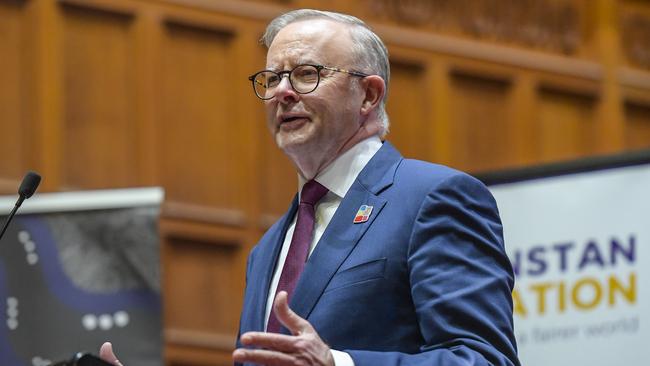
“This great lie will sit at the centre of the No campaign and needs to be called out,” the Prime Minister declared during his Lowitja O’Donaghue Oration in Adelaide, kicking off the formal Yes campaign and preparing for the parliamentary passage of the referendum legislation.
“Yes, there are scare campaigns. But what those campaigns have in common is that they underestimate Australians so radically.”
Albanese is right to say existing sections of the Constitution contain racial references, but his railing against lies, misinformation, disinformation, illogical argument and false assumptions is a case of the Yes campaign pot calling the No campaign a black kettle.
At the beginning of this six-month argument it is worth assessing the state of the debate so far and, as Albanese demands, calling out some of that misinformation, disinformation, lack of information and twisted sophistry that demean the debate and the Australian people.
The first grand act of demagoguery in the voice debate is to declare there is a right and there is a wrong vote in the referendum – it is an insidious hijacking of the moral high ground where to vote No is not only wrong but also racist and unfair.
When Australians exercise their democratic vote at the ballot box there is no right or wrong vote, there is the result of a democratic process.
A competitive vote will have winners and losers who will be pleased or aggrieved, but we do not live in a tyranny of the majority, nor should we punish, disrespect or ostracise those who have “lost” or supported the losing side.
Yet from Albanese’s exhortation on Monday to ensure “together as a nation” we can get it “right” as we did in 1967, to Indigenous Australians Minister Linda Burney’s expectation of a “successful referendum” after the House of Representatives passed the referendum bill, to Uncle Karl Winda Telfer at Adelaide Oval on Wednesday night, ahead of the State of Origin rugby league match between Queensland and NSW, that “we’re mature enough to make the right call”, the message is that there is a right vote – Yes – and those voting No are wrong.
Speaking of the record vote on the 1967 referendum on including Aboriginal people in the census, Albanese said on Monday: “It was about what was right. That’s what resonated within us then. That’s what precisely drives us still.”
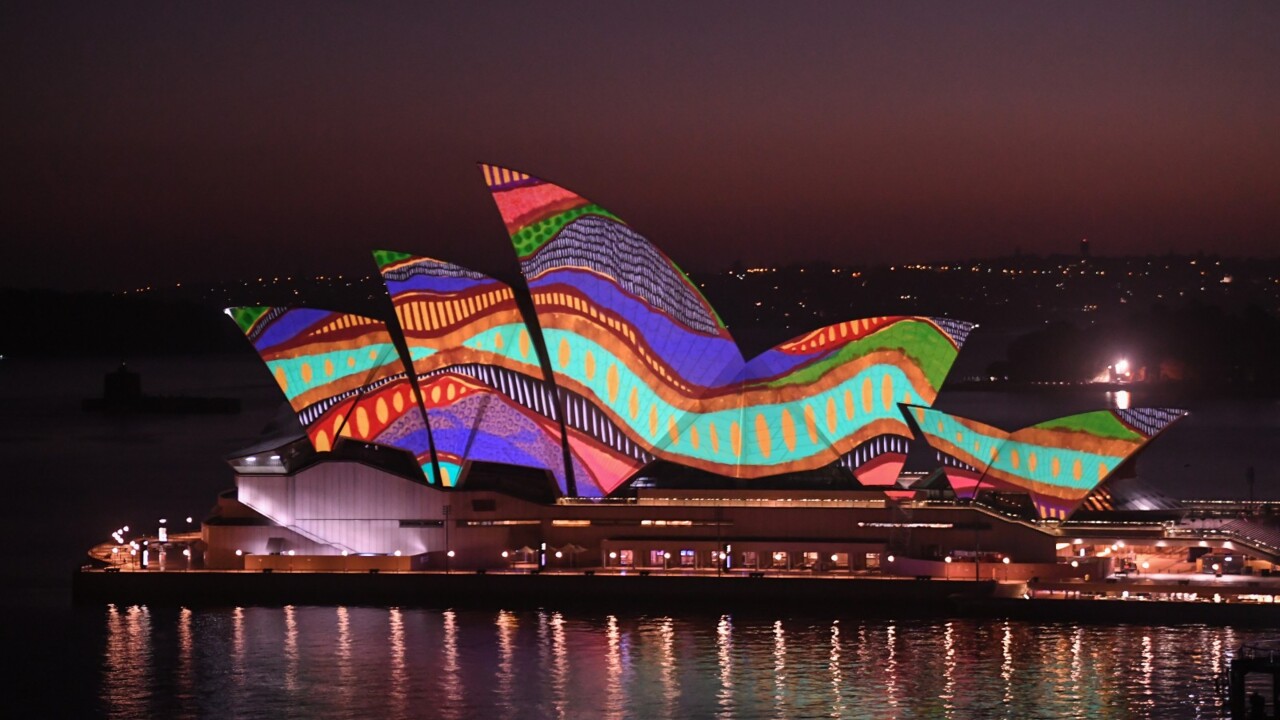
To label the Yes or No case as right or wrong is to convert people’s votes into moral judgments carrying a weight of guilt that should not attach to the free exercise of our democratic right on such a complex issue with ramifications across the federal government. There is also a conundrum in the heart of the debate about whether the voice will be modest or radical; practical or symbolic; and all-encompassing or restricted to issues affecting Indigenous people only.
The difficulty for Albanese and voice supporters is that they are maintaining all points simultaneously despite the inherent contradictions.
From the beginning Albanese has described the voice as a “gracious and modest request” and sought to play down the extent of the impact of the voice on areas such as the environment, foreign policy or taxation. He argues the vast majority of Australians will be unaffected, that the voice will be limited to issues such as education and health, and he trivialises objections by dismissing claims the voice will affect “parking tickets”.
But those wanting more radical action and Indigenous leaders who will brook no restrictions on the voice contradict Albanese, feeding the argument that this is a comprehensive constitutional change with wide-ranging effects.
After the Prime Minister tried to limit the voice, leading Indigenous working group member and law professor Megan Davis told The Australian: “The voice will be able to speak to all parts of the government, including the cabinet, ministers, public servants and independent statutory offices and agencies – such as the Reserve Bank” and declared the voice could not be shut up. Fellow working group member Noel Pearson has said that being able to have influence on all areas of government is at “the guts” of the voice.
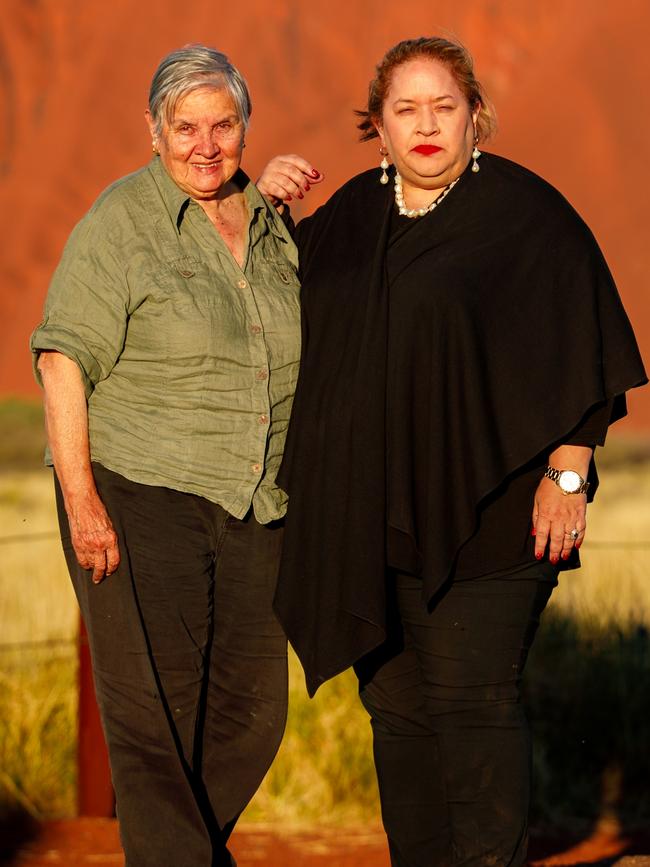
While Albanese sought to reassure middle Australia there was no threat to day-to-day government, the voice advocates repudiated him and others sought even more radical agendas for treaties and sovereignty.
On Monday, Albanese shifted his language and concluded his big speech with an emotional: “So let us not content ourselves with modest change. Let us not fill our hearts with the empty warmth of the merely symbolic.” This could have been a reaction to a sympathetic audience although he has not repeated “modest” since and on Thursday there was a hint from Don Farrell, as Special Minister of State, as to why there could have been a shift to less modest and more radical language.
Farrell told the National Press Club he thought “it will be young people who deliver the referendum”. This could be significant because Newspoll figures from earlier in the year, as the decline in support for the voice began, showed the biggest fall in support was among young people and Greens supporters.
As Farrell noted, the older cohorts are likelier to oppose the voice. It is also clear that the big shift lately against the voice is Coalition voters who were “softly” supporting the voice but now are shifting to strong opposition.
So, Albanese is caught between appealing to lost younger voters who want more radical action by dropping “modest” and reclaiming lost older voters by citing long-term conservative support for recognition from Harold Holt in 1967 to John Howard in 2007 and former Liberal frontbencher Julian Leeser today.
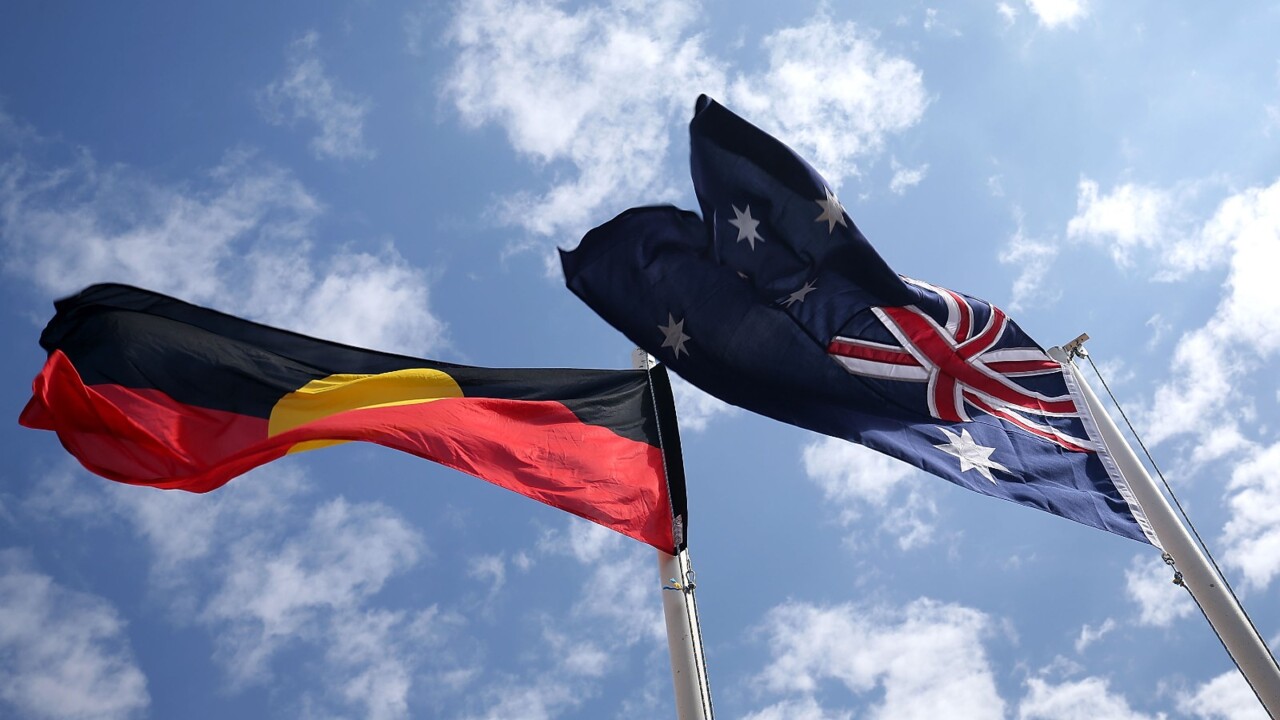
The other great hesitancy about the voice is among people who believe it will not fix the dire issues facing Aboriginal and Torres Strait Islander people. While trying not to flame fears of overreach into government, Albanese has been ramping the voice as a means to ending all of the ills facing Indigenous Australians, ranging from shorter life spans and higher incarceration rates to poverty.
“We aspire to reach high for the symbolic ideal. But the ideal lacks meaning unless we commit to the concrete practical actions that will actually improve people’s lives. This referendum gives us the tools to do both,” he said.
“A change that inspires hope about a better future, and then has the means to make that better future real, substantive, and tangible. Constitutional recognition is the ‘what’. The voice to parliament and government is the ‘how’.”
So the voice is an inspired means to an end and that end is to finally address the sorry plight of Indigenous Australians that has not been addressed for 120 years and after spending more than $30bn a year nationally.
Here is another trap in the debate where the voice is seen as a silver bullet that will solve all these problems. Albanese alluded to this danger of giving yourself a “pat on the back” and consider the job done when the referendum passes while trying to expound the great practical advantages of the voice.
What’s more, this is tied to the reasonable demands from people outside the political parties attending forums around the country who want more information about how the voice will work. Too much of the response from the government for requests for more information are dismissed as trivial demands from “Chicken Littles”.
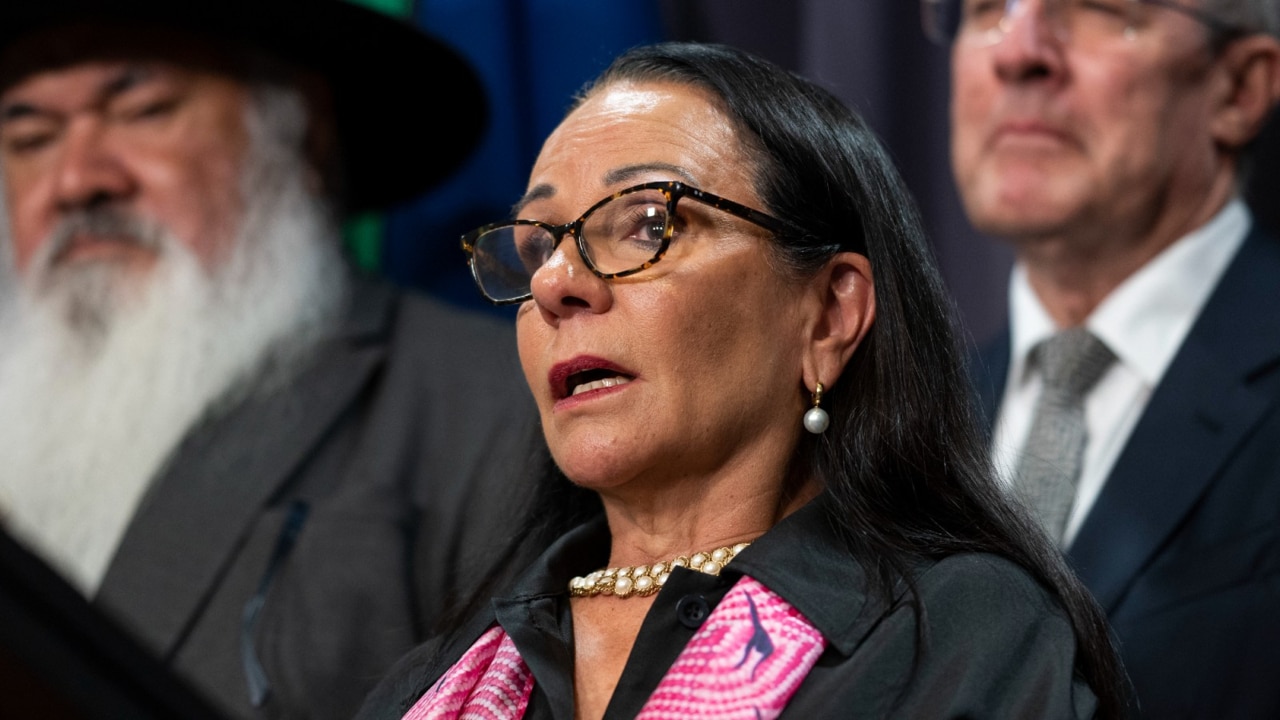
Instead, Attorney-General Mark Dreyfus and Burney focus on the process that has passed to legitimise the referendum as being representative and not a “flight of fancy” conceived in haste.
The Indigenous Australians Minister even suggested this week some DIY with a 15-minute search of government websites to see what the voice would be.
Former prime minister and No campaigner Tony Abbott said the government was constantly claiming that there was a superabundance of detail about the voice proposal.
“Well, plenty of words have been written, but there is no specificity about any of it. And if you actually go on to the government’s supposed information site, everything is to be done after the event. I mean, we still don’t know how members of the voice would be chosen,” he told the Institute of Public Affairs.
Of course, the next six months, with the referendum vote probably falling the week after the rugby league and Australian rules grand finals – Albanese has said several time a constitutional change won’t interfere with the footy finals – is likely to continue in the fog unless the government deals with the inherent contradictions by presenting more argument and less emotion.


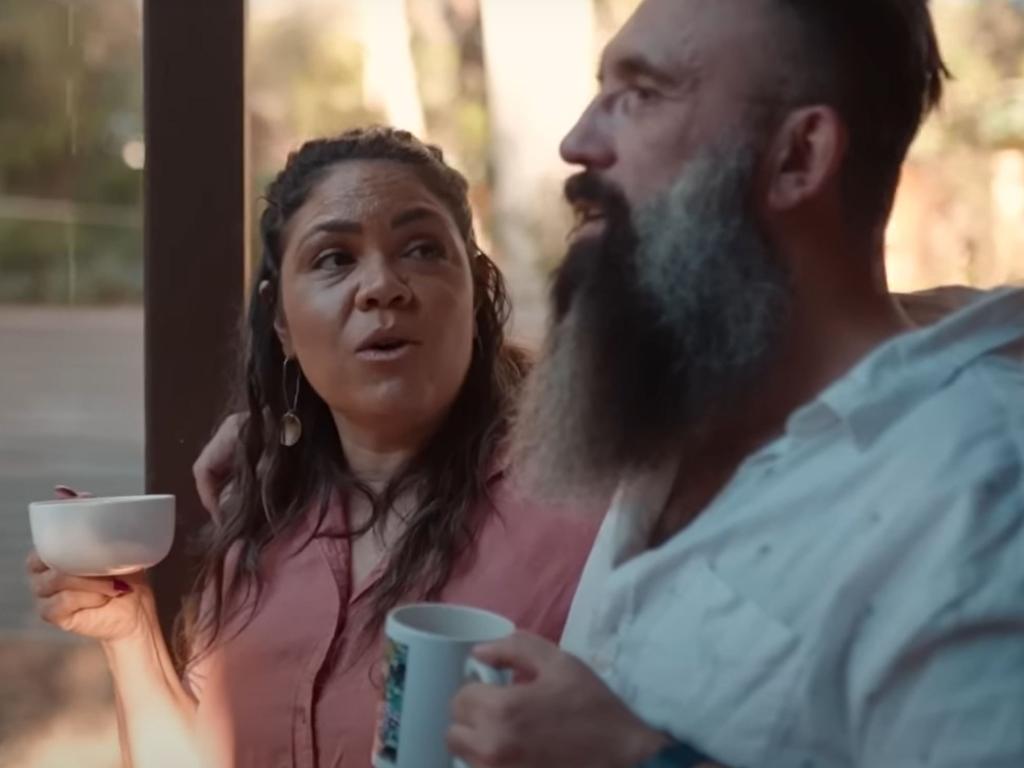
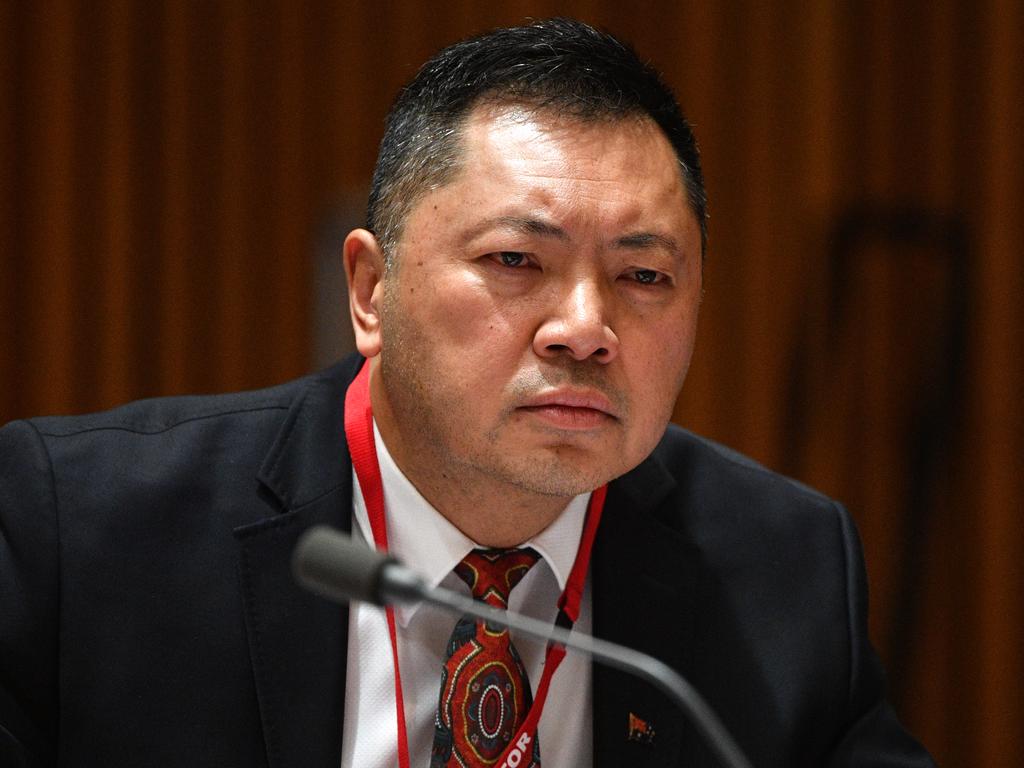
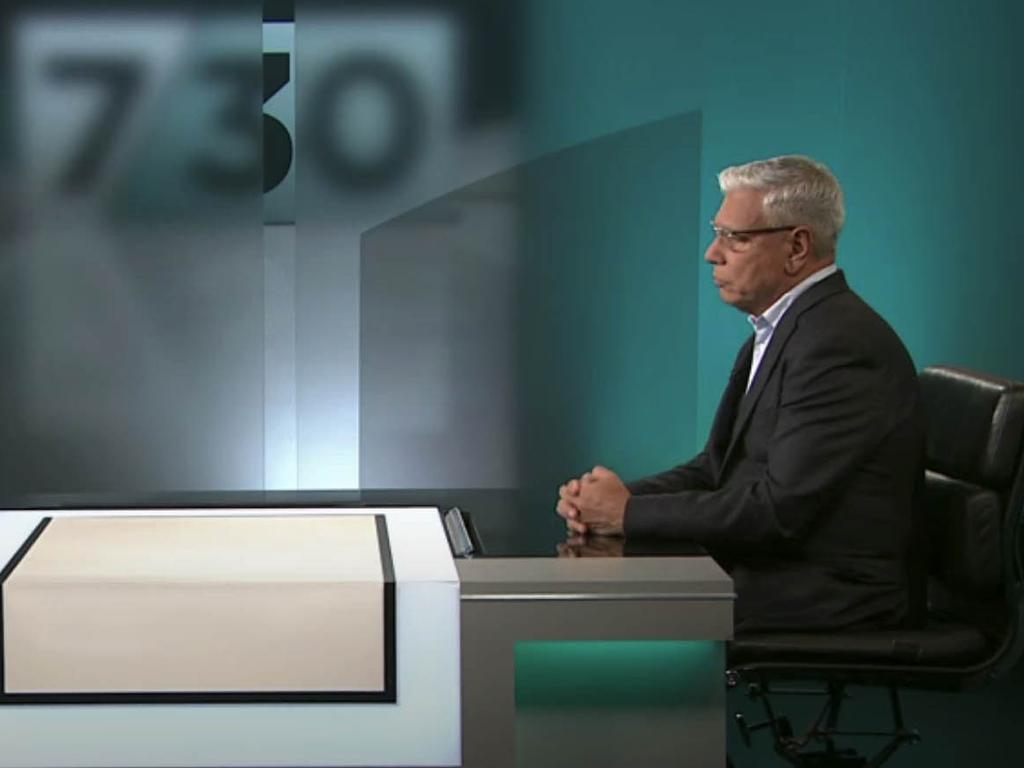



Anthony Albanese “called out the great lie” this week at the centre of the No campaign against the Indigenous voice to parliament and executive government that a successful referendum will put race into the Constitution.